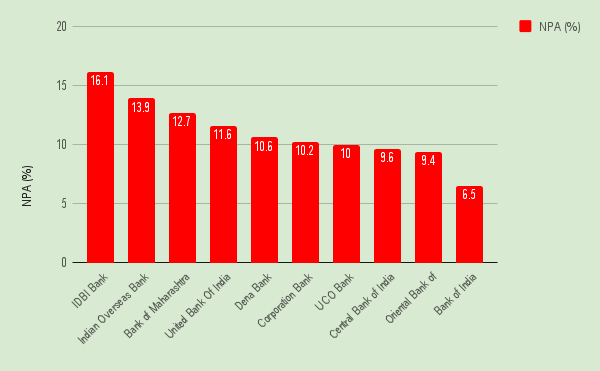900 319 0030
enquiry@shankarias.in
Why in news?
The Reserve Bank of India (RBI) recently removed three state-owned banks from the prompt corrective action (PCA) framework.
What is Prompt Corrective Action?

What are the underlying reasons?
Source: Financial Express
Capital Conservation Buffer